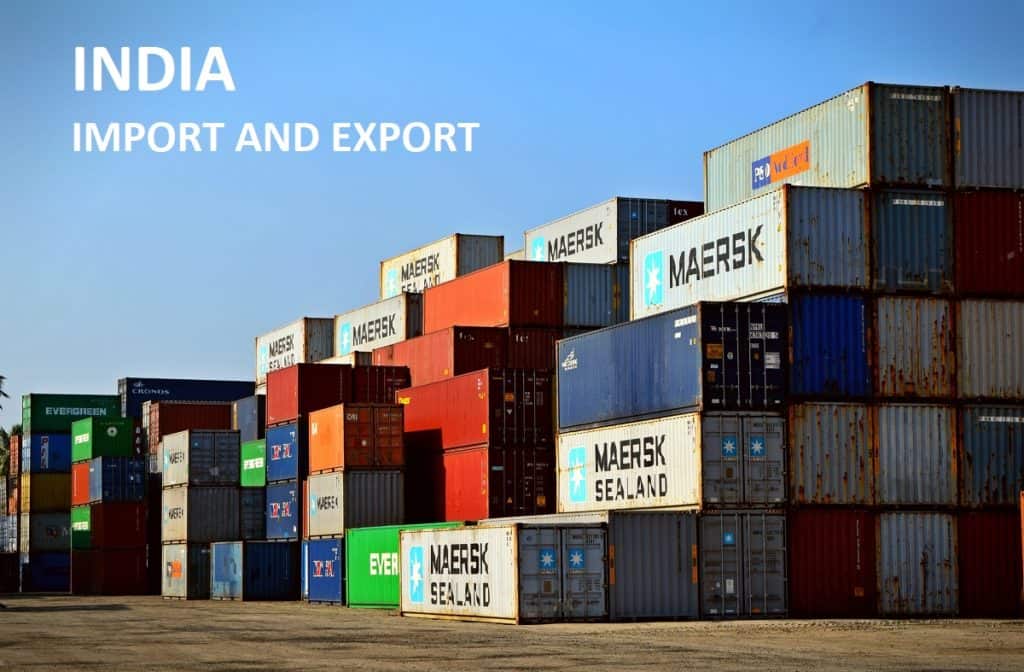Grainmart’s complete guide to starting an export business in India. In the recent past, the country is experiencing substantial expansion in the export and import sector. Subsequently, considering the growth, entrepreneurs are actively partaking in the same. Further, it is a promising sector that can be established easily. Consequently, if an individual is already a capable manufacturer of global standard goods, exploring the export of those will prove profitable and expansion of market.
The Necessary Activities to Start the Export Business
- Choose the aptest type of business structure
- Choose the targeted markets
- Procure all the necessary documents
- Starting to deal

Depending on the four activities, the steps are mentioned hereunder
- Attain a PAN card
- Choosing the type of business unit
- Open a Current account
- Generate an IEC code
- Company Registration Documents.
- Membership certificate. APEDA incase of agriculture commodities
- Check financial capabilities
- Export Market
- Deciding on prospective buyers
- Choose the product of export
- Port Registration
Additional information regarding the issuing of the certificates is discussed in detail via the links provided. That apart, the important steps confined only to start export business in India are dealt with further in the article. Following the steps, an individual will be ready to kick start his/ her export venture.
Tackling the First Concern- Product selection
Selecting the right product is as important as understanding the basis of the export laws. Furthermore, the financial structure of the business is significantly dependent on the product. Preferably, a product that the individual is well aware of along with its production dynamics. Importantly, its demand in the respective country should be ever-growing. Also, it is equally okay to explore new product business. But, bear in mind to gain a clear knowledge regarding the product and its manufacturing process.
Some products that hold value in the global market
Note that, it is not merely feasible to manage several products simultaneously. However, it is entirely the exporter’s choice. Currently, the following products will invite competition as they hold good global value.
- Gems and precious metals (14.4% of total exports)
- Mineral fuels (12.1%)
- Apparatus (5.6%)
- Vehicles (5.5%)
- Organic chemicals (4.6%)
- Pharma related products (4.4%)
- Iron and steel (4%)
- Clothing, knit/ crochet (3%)
Addressing the Second Concern- Selecting the type of business entity
This mainly depends on the type of product and service provided. In India, a variety of options are available like proprietorship, partnership, limited liability partnership, and so on. Given that, an exporter is a trader instead or a manufacturer. Then, proprietorship will be the right choice as it is less complicated. Any entity with multiple partners with less insignificant investment, Partnership type will be apt. Further, in case of high complexity and compliance limited liability partnership can be adapted.
From above, it is clear that an exporter must consider a variety of factors before selecting the type of entity. And a variety of options are available accordingly to select from. Nonetheless, select the type with utmost care as it decides the fate of the export company.
Another Significant Concern- Export Financing
Exporting essentially means selling goods overseas that involves risks. For instance, one of the common issues is payment. Accordingly, the status of the payment is uncertain until the very end of the transaction. Also, concerns arise when there is delay, improper or guarantee for the pay. Further, few clients refuse to pay in advance. Considering that, to avoid this the exporter could tie-up with an invoice factoring unit. That apart, a well thought out plan regarding the expenditure of capital investment is necessary. Moreover, maintaining steady income flow is a must along with a backup to rectify financial hindrance, if any.
Selecting the Target Market
Among the 195 countries in the world, choose a specific market that seems appropriate. Because every country has its own set of constraints and rules the one closest to self is a good choice. Further, countries connected with unilateral or bilateral deals will provide easier transactions. (Note: Presently, India has over 53 favorable trade agreements). Besides that, few chief factors the exports must pay attention to while selecting the market are:
- The product (demand)
- Market growth (scope for growth)
- Reliable and steady demand
- Trade hinderances, if any
- Profit or loss
- Political environment
- Economical graph
- Competitors
- Incentives
Points to remember while starting an export business
- The establishment will surely take time, yet once established it is easy to expand
- Extreme care should be taken while dealing overseas
- The products must meet buyer’s requirements and specifications, also stick to the timelines
- A common myth is an export business is a costly deal, however, it isn’t true.
Concluding activities
Following the completion of setting up the establishment. The following activities should be addressed:
- Confirming shipping partner
- Selecting the right custom clearing agent
- Overseas promotion of the business
With these, an exporter is all set to under take work and start shipments.